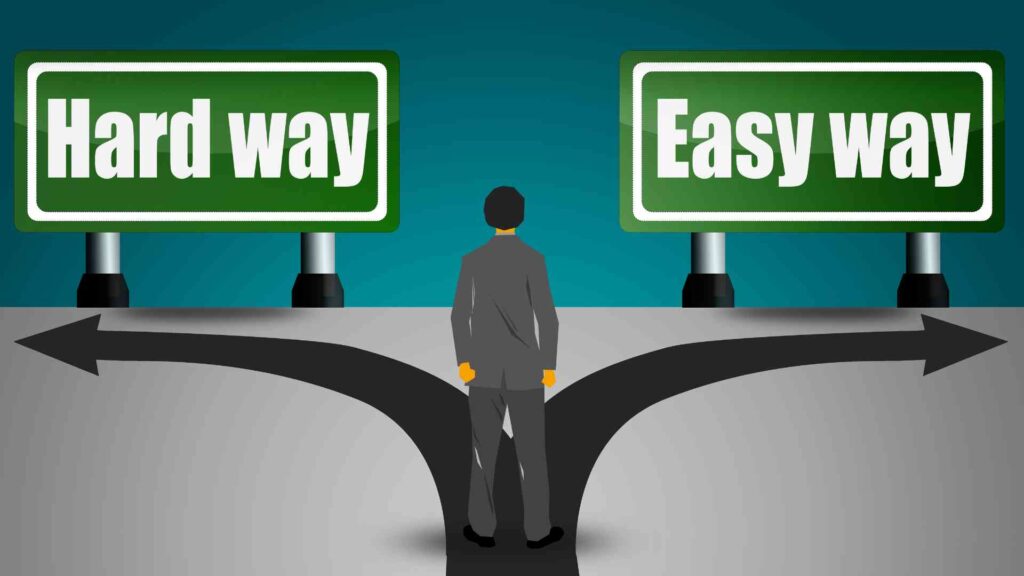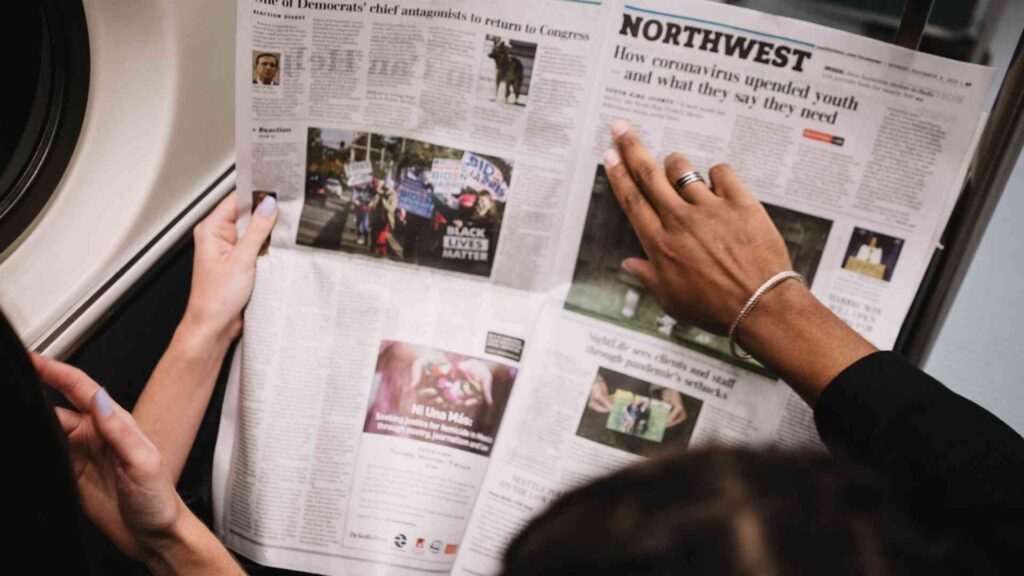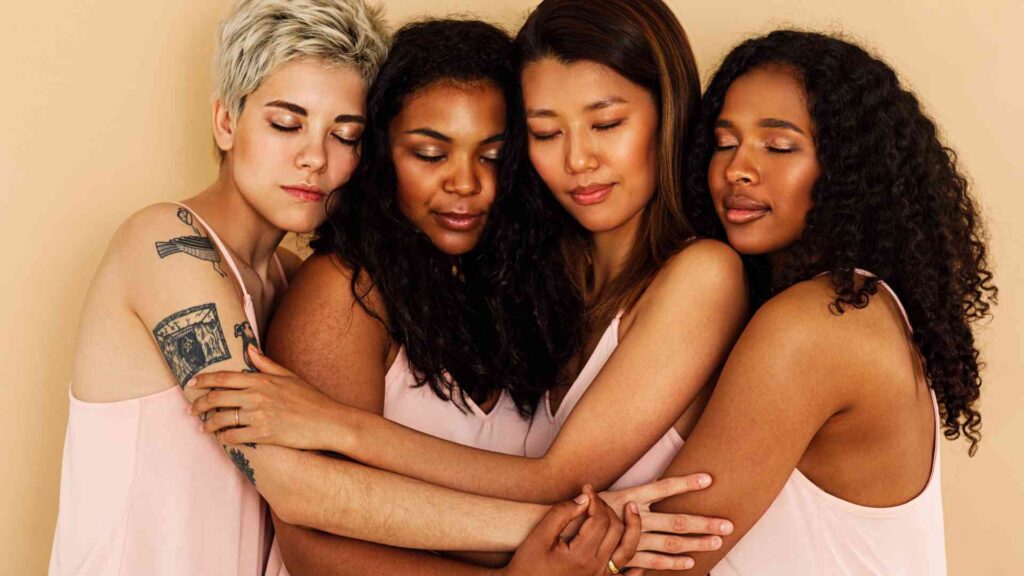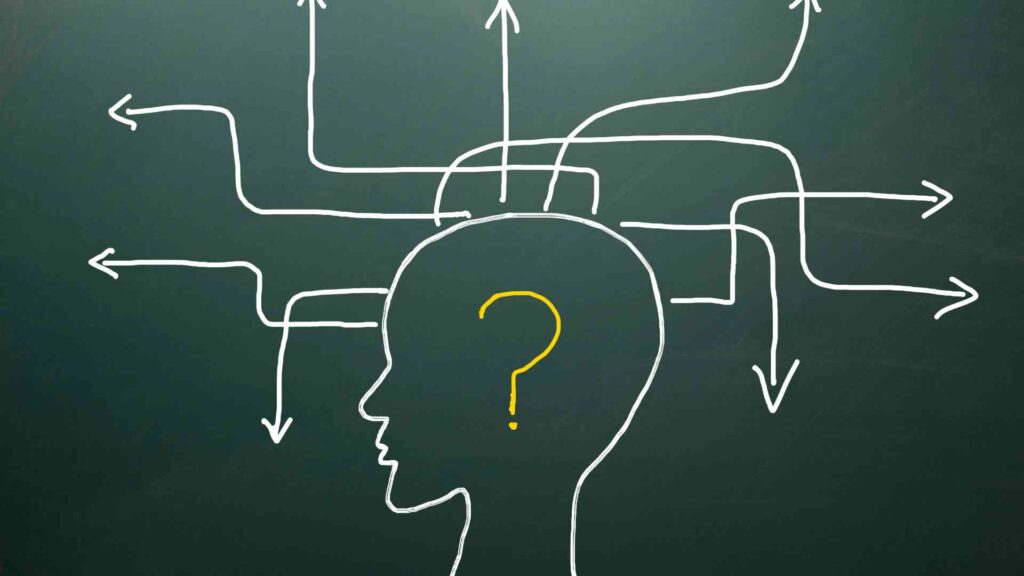Discover comprehensive information for all aspects of sexual health and find resources and guidance to empower your sexual well-being.
Achieving and maintaining a strong penile erection is a common concern for many men. It…
Discover comprehensive information for all aspects of sexual health and find resources and guidance to empower your sexual well-being.
Achieving and maintaining a strong penile erection is a common concern for many men. It…
Prostate health is a critical concern for men, especially as they age. The prostate gland…
Sleep-related painful erection (SRPE) is a rare condition where people get painful erections while they’re…
The underlying cause as well as the severity of pain determine the varied treatment approaches…
Erectile dysfunction (ED) is a condition that many men face at some point in their…
Erectile dysfunction (ED) is a condition that affects many men worldwide, leading to significant stress,…
Commitment issues can often manifest in romantic relationships, work, and other personal or professional spheres.…
We tend to notice, focus on, and give more credibility to evidence that aligns with our existing beliefs—this is what confirmation bias describes.
Table of Contents
ToggleConsider someone who believes left-handed individuals are more creative than their right-handed counterparts. Whenever this person encounters a creative person who is also left-handed, they assign greater significance to this supporting “evidence.” This individual may actively seek additional proof that reinforces their belief while downplaying examples that contradict it.

Confirmation biases not only affect how we collect information but also shape how we interpret and recall it.
For instance, individuals with strong opinions for or against a specific issue not only search for information that aligns with their views but also interpret news stories in a manner that supports their existing ideas. Furthermore, they tend to remember details in a way that reinforces these attitudes.
Confirmation bias often exhibits clear indicators, whether someone is unwittingly or consciously succumbing to it.
Unfortunately, it can also manifest subtly, making detection challenging. Here are some signs that may assist in recognizing when you or someone else is experiencing this bias:

Confirmation bias can manifest in various forms, and some of the most common types include:
Related: Heuristic: Meaning, Types, Significance And Examples

Confirmation bias occurs as a cognitive shortcut in the process of gathering and interpreting information. Our brains seek efficiency in evaluating evidence, and confirmation bias provides a shortcut to avoid the time and energy required for a thorough analysis.
Several processes contribute to confirmation bias, all working at different stages to shield individuals from cognitive dissonance—the discomfort arising from conflicting beliefs. These processes include:
Confirmation bias is facilitated by mental shortcuts known as heuristics, which aid efficient but sometimes inaccurate decision-making.
The evolutionary perspective suggests that our reliance on mental shortcuts is rooted in survival instincts.
Quick decision-making was crucial for our ancestors facing immediate threats, and these shortcuts allowed them to make rapid choices based on past experiences and instincts.

Additionally, confirmation bias serves a psychological function by making us feel good about ourselves. Challenging our beliefs can be uncomfortable, as deeply held views form part of our identities. Avoiding being proven wrong becomes a natural inclination, and seeking information that supports our existing beliefs helps maintain a positive self-image.
Confirmation bias is not limited to individual behavior; it can also manifest in group settings. In group interactions, confirmatory thought, which rationalizes a particular belief, can lead to groupthink—a phenomenon where the desire for conformity results in dysfunctional decision-making.
Thus, while confirmation bias is often observed at an individual level, it can also influence group dynamics.
Confirmation bias, whether expressed individually or in a group context, poses significant challenges that warrant careful consideration.
Individually, confirmation bias impacts decision-making by limiting our focus to evidence that aligns with our preconceptions. This approach can lead to poorly informed decisions, as crucial information is overlooked.

For instance, a voter might support a candidate despite emerging facts about their poor behavior, or a business executive might dismiss a new opportunity based on negative past experiences.
Individuals characterized by confirmation bias may be perceived as “close-minded,” and this mindset can result in missed opportunities and less informed choices. To mitigate these effects, it is essential to approach decisions with an open mind and consider a broad range of perspectives.
At the group level, confirmation bias can contribute to the phenomenon of groupthink.
In a culture dominated by groupthink, decision-making is hindered by the belief that harmony and group coherence are paramount to success.
This tendency reduces the likelihood of dissent within the group.

For example, an employee at a technology firm may withhold a groundbreaking discovery to avoid disrupting the company’s established direction. Groupthink also discourages individuals from exploring diverse views, hindering constructive discussions that are vital to democratic processes. To foster a more robust decision-making environment, it is crucial to recognize and address confirmation bias at both individual and group levels.
Confirmation bias manifests in various aspects of everyday life, and examining a few examples can provide insights into its effects and impact.
One prevalent example of confirmation bias is observed in how individuals seek out and interpret news stories, often influenced by their pre-existing views. This bias leads us to be more inclined to believe stories that confirm our existing beliefs, even when the evidence is questionable.

For instance, in the context of the gun control debate:
Sally, a supporter of gun control: She actively looks for news stories and opinion pieces that reinforce the necessity for restrictions on gun ownership. When encountering media reports about shootings, she interprets them in a way that aligns with her belief in the need for stricter gun control.
Henry, an opponent of gun control: On the contrary, Henry seeks out news sources that mirror his stance against gun control. When he encounters news stories about shootings, he interprets them in a manner that supports his existing viewpoint against stricter regulations.
In both cases, confirmation bias influences the selection and interpretation of information, shaping individuals’ perspectives on the issue based on their preconceived beliefs. This tendency can contribute to a polarized understanding of complex topics, hindering open and objective discussions.
Confirmation bias also plays a role in how we form and maintain personal relationships.

In this context, we tend to be drawn to friends and partners who share our beliefs and values, while being less inclined to associate with those who hold opposing views. T
his inclination can create an echo chamber effect, where our social circles consist mainly of individuals who validate our perspectives, limiting exposure to diverse opinions and challenging discussions.
Confirmation bias significantly influences decision-making processes, often leading to suboptimal choices.

For instance:
Investment Decisions: If we strongly believe in the potential of a particular investment, confirmation bias may cause us to overlook warning signs or negative information that contradicts our views. This can result in financial losses due to a failure to objectively evaluate the risks.
Career Choices: When fixated on securing a job with a specific company, confirmation bias may prevent us from considering alternative opportunities that could be a better fit for our skills and aspirations. This narrow focus limits our ability to explore potentially more rewarding career paths.
Related: Heuristic Decision-Making.
Avoiding confirmation bias requires conscious effort and an understanding of its potential influence on decision-making. Here are some strategies to minimize confirmation bias:

While it may be challenging to eliminate confirmation bias entirely, these strategies can help manage its impact and promote more objective decision-making. Cultivating an open-minded approach, seeking diverse information, and inviting critical discussions can contribute to making more informed and well-rounded choices.
Confirmation bias is a cognitive tendency where individuals subconsciously prioritize and give more weight to evidence that aligns with their existing beliefs. This bias serves as a mental shortcut in the information-gathering process, allowing the brain to conserve time and energy.
When evaluating evidence, individuals often seek out information that reinforces what they already believe to be true because existing hypotheses are more readily available. Additionally, confirmation bias can act as a self-protective mechanism for maintaining self-esteem. People tend to avoid information that challenges their valued beliefs to prevent the discomfort of realizing that a cherished belief may be false. Consequently, individuals often gravitate towards information that supports, rather than contradicts, their pre-existing beliefs.
References
Dr. Nishtha, a medical doctor holding both an MBBS and an MD in Biochemistry, possesses a profound passion for nutrition and wellness. Her personal journey, marked by significant struggles with physical and mental health, has endowed her with a unique empathy and insight into the challenges countless individuals face. Driven by her own experiences, she leverages her background to offer practical, evidence-backed guidance, empowering others on their paths to achieving holistic well-being. Dr. Nishtha truly believes in the interconnectedness of the mind and body. She emphasizes the significance of understanding this connection as a crucial stride toward attaining balance and happiness in life.

